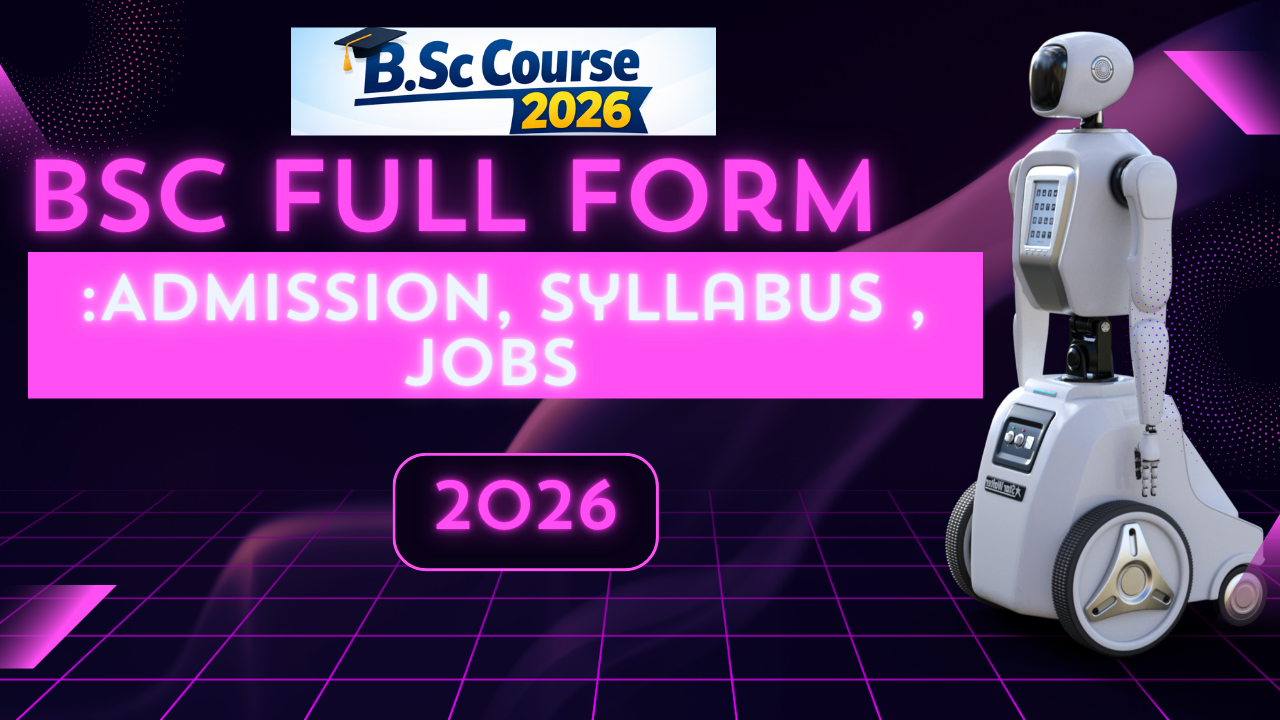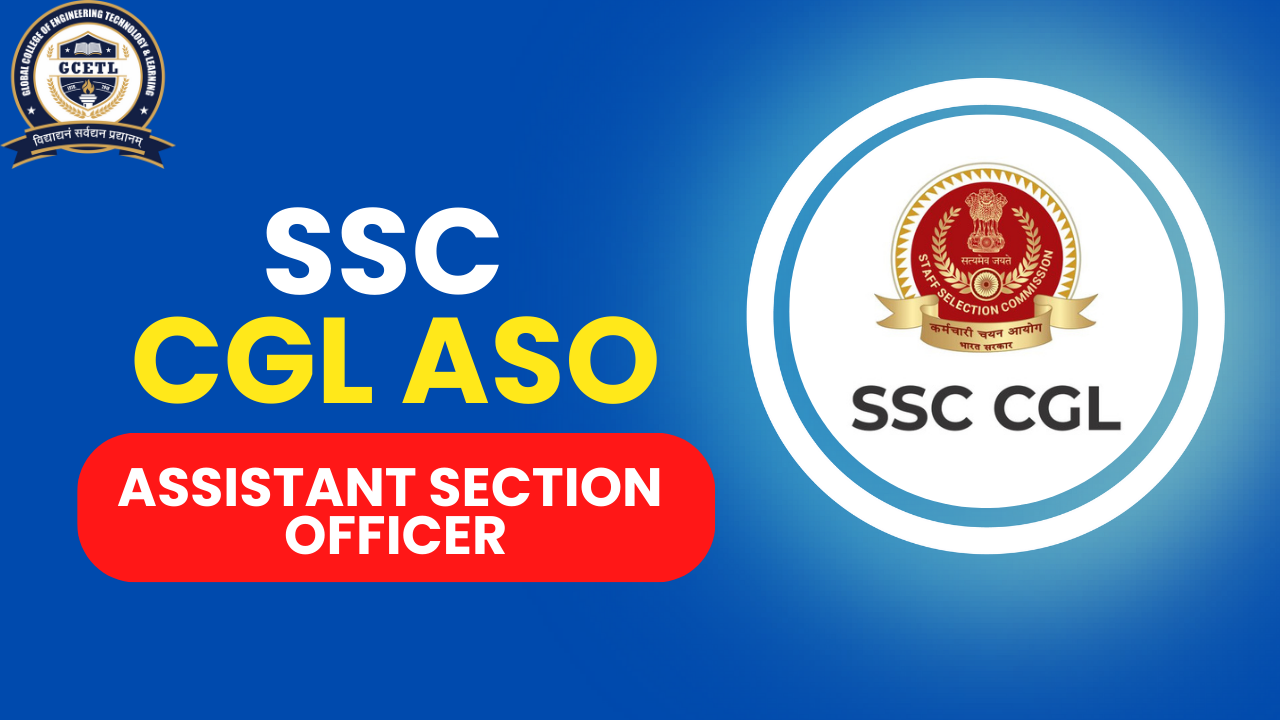Bhoomi Kaushik
Get Real Experts on your side
Before venturing to seek career counseling, answer a few basic questions so we can connect you with our best expert counselor for personalised guidance and mentorship.



.png)
Bhoomi Kaushik
06/12/2024
1. Definition and Scope
Computer Science:Computer
Science is a very broad field that includes the study of the theoretical
foundations of computation, algorithms, and design of computing systems. It
goes into the realms of artificial intelligence, machine learning, software
engineering, and cyber security.
Computer Applications:
Computer
Applications are based on the usage of software and computing technologies to
solve real-world problems. The applications are more focused on the practical
applications of computing in business, education, and other fields involving
pre-existing tools and platforms.
Computer Science:
The
curriculum of Computer Science programs generally comprises:
• Programming
and Software Development
• Data
Structures and Algorithms
• Operating
Systems and Networks
• Machine
Learning and AI
• Computer
Architecture
• Cryptography
Computer Applications:
Courses
in Computer Applications are more application-oriented, comprising:
• Software
Tools and Frameworks
• Web
Development
• Database
Management Systems
• Mobile
App Development
• Office
Automation Tools
• E-commerce
and Digital Marketing
Computer Science:
• Focuses
on developing new computing technologies.
• Encourages
innovation in designing software, hardware, and algorithms.
• Heavily
research-oriented with a focus on conceptual clarity.
Computer Applications:
• Applies
existing technologies effectively.
•Focuses
on software solutions to business and industry-specific problems.
• Practical
and implementation-driven.
Computer Science Graduates:
Often
end up in the following roles:
• Software
Development
• Data
Science
• System
Architecture
• Research
and Development
• Cyber
security
Computer Applications Graduates:
Typically are application developers, system administrators, IT consultants, database managers, and front-end/back-end developers.
|
Undergraduate Programs |
Post Graduate Programs |
Computer Science:
Require
Strong Analytical and Mathematical skills and proficiency in programming
languages like Python, C++, and Java.
Computer Applications:
Demand
Practical knowledge of tools like MS Office, SQL, HTML, and JavaScript, as well
as project management skills.
• Computer Science: A B.sc or B.Tech in Computer
Science is generally a 3 to 4-year course. Postgraduate degrees can take an
additional 2 years.
• Computer Applications: BCA is a 3 years
course, whereas postgraduate programs like MCA take 2 years.
• If
you are interested in innovation, research, and the theoretical aspects of
computing, choose Computer Science.
• Choose
Computer Applications if you want to have a hands-on approach to solving
real-world problems with existing tools.
Both
are part of the technology sector, but they have different interests and career
aspirations. Computer Science is ideal for research and innovation, while
Computer Applications are ideal for practical, industry-focused roles. Choose
your path according to your skills, interests, and long-term career goals!
Let us know which career path you are leaning toward, and we will help guide you to success!










.png)











.jpg)


.jpg)




.png)







.png)

.png)




.png)

.png)
.png)



.png)

.png)


.png)

.png)


.png)

.png)

.png)
.png)

 (1).png)



.png)

.png)
.png)


.png)


.png)


.png)

.png)







.png)





.png)


.png)














.png)













.png)




.jpg)






.png)




.png)


.png)
.png)
.png)
.jpg)



.png)


.png)
.png)
.png)



.png)











.png)
.png)



.png)


.png)
.png)


.jpg)







.jpg)









.jpg)





.png)


.jpg)



Before venturing to seek career counseling, answer a few basic questions so we can connect you with our best expert counselor for personalised guidance and mentorship.
